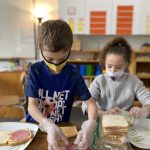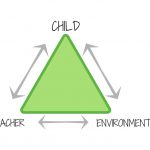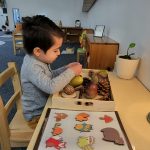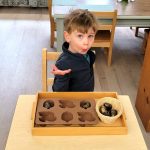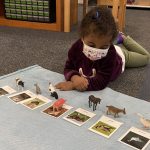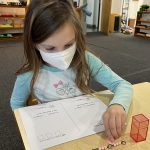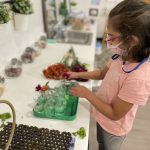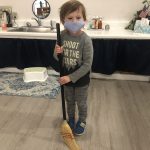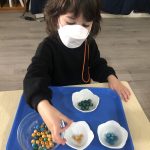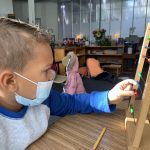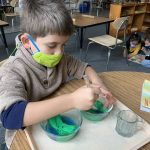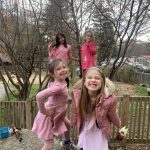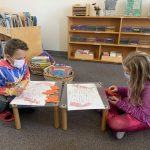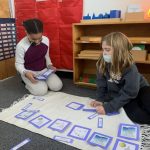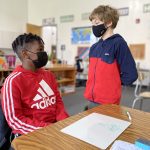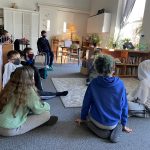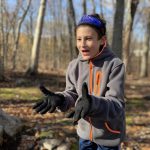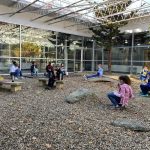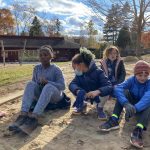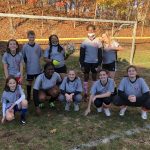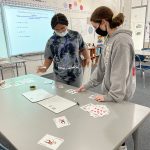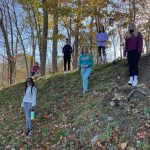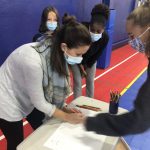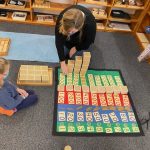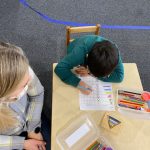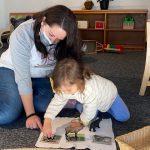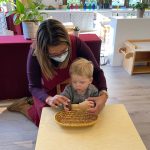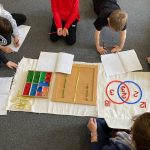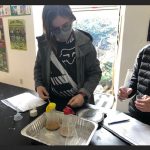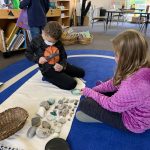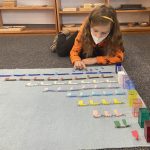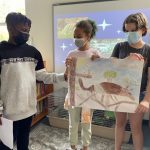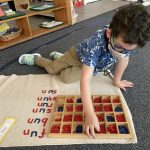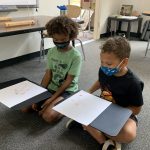It’s been a wonderful (and icy and snowy) first week back! The children are so happy to be together again and we are excited to be back as well.
Our return to school is also marked by heightened concern surrounding the surge in positive COVID cases.
Although it is unsettling to hear about the rising positivity rates, we’ve been down this road before. FWM continues to stay informed and up to date with the latest developments. Several updates have been released:
For your information, here is the CDC’s latest update to isolation and quarantine recommendations.
The Connecticut Department of Health released Updated Considerations for Quarantine, Isolation, Testing, and Contact Tracing Policies and Procedures for PreK-12 Schools. Compliance with these new changes is optional for all schools.
Our team at FWM is talking daily and considering how to best incorporate the updated recommendations into our COVID safety protocols. Also, the CT DPH is expecting further updates to the CDC’s guidance. At this time, FWM has decided to wait for further updates before announcing any changes to our policies. As information or procedures change, families will be notified by email.
The Omicron variant, by all accounts, is reported to be more contagious but is also reported to cause less serious symptoms, especially for those who are vaccinated. Our vaccination rate for those eligible continues to grow but is not at a level that gives us the measure of security we need to relax our efforts.
We should all continue to be vigilant and do our part to keep ourselves, our loved ones, and our community safe, because we know it is best for the children to be in school. We’re going to do all that we can to stay safe while continuing to provide in-person learning and fostering those interpersonal relationships the children need to truly thrive.
Finally, keeping children home from school when they are sick is imperative to reduce transmission in our community. Individuals who are even mildly symptomatic with any of the symptoms associated with COVID-19 should immediately isolate at home and test for the virus. If your child is not feeling well, please keep them home and contact our school nurse, Christina Benoit at cbenoit@fraserwoods.com.
Thank you for your ongoing support and your cooperation to keep our community healthy.
Staffing Update:
There has been a change in the front office. Michele Stramaglia is no longer at FWM and Mary Zaums will be answering phones and taking on the position of administrative assistant for now.
Looking Ahead:
Moving Up Information Night will take place over four evenings starting on Tuesday, January 18 and ending on Tuesday, January 25. Please join us to learn what the next level of learning at FWM has in store for your child!
- Toddler 2 – Thursday, January 20 6:30-7:30
- Primary 4 – Thursday, January 20 6:30-7:30
- Kindergarten – Tuesday, January 25 6:30-7:30
- Lower Elementary 3rd – Wednesday, January 19 6:30-7:30
- Upper Elementary 5th – Tuesday, January 18 6:30-7:30
Hope to see you there!


